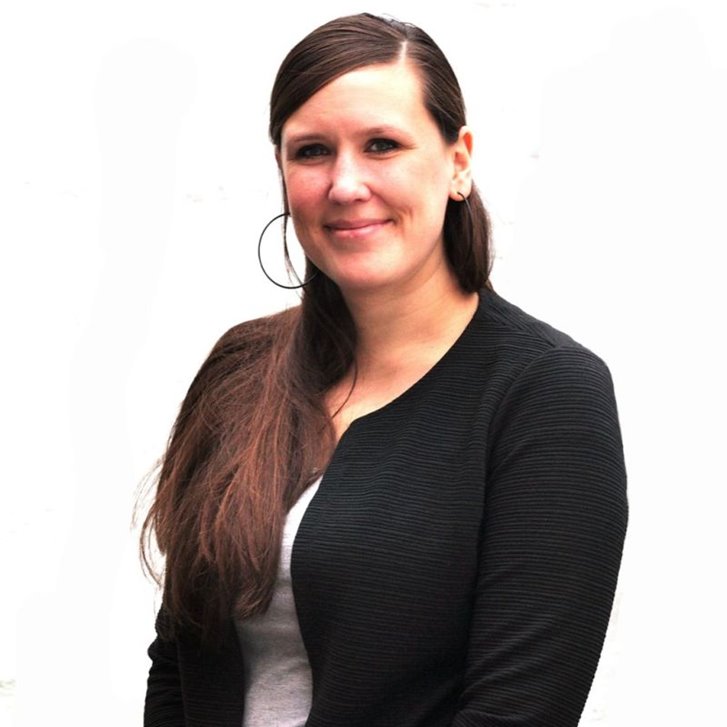Sole proprietorship
A sole proprietorship refers to the economic activity of a natural person who runs a business.
Pros:
- Easy, cheap and fast to start. The only cost you incur is the registration of your business at the Crossroads Bank for Enterprises and the activation of your VAT number. A Securex Business Counter can do it for you.
- Easy and affordable to run. Only simplified accounting is needed, meaning you spend around €1,000-2,000 on an accountant a year depending on how many expenses and customers you have.
- It is easy and cheap to stop the business.
Cons:
- The company’s assets are not separate from those of its founder, who has unlimited liability for any debts. In other words, if the company goes bankrupt, your personal assets (and potentially the ones of your spouse) such as your house could be used to pay off the debts.
- Limited fiscal advantages: your earnings are taxed as a personal income. The more you earn, the more you are taxed.
- It is complex to sell or transfer a sole proprietorship to another party.
Company
More details on the various types of company forms? Check it out here.
Pros:
- The company and the founder are two separate legal entities, i.e. in case of bankruptcy or debts, the founder is not liable with his or her personal assets.
- Company tax is generally lower than personal income tax resulting in tax savings.
- It is possible to deduct more expenses when things are bought by the company, therefore more tax advantages.
- It is easier to sell/transfer a limited company than a sole proprietorship.
Cons:
- It is more complex, time consuming and expensive to start a limited company.
- You will need to set up a financial plan and make sure you have enough capital (as reflected in the financial plan) to operate your business.
- You will need the services of a notary to draft articles of association and set up your company.
- The accounting and administration to run a limited company is more complicated, resulting in accounting fees around €4,000 a year.
- If you decide to stop your activities, this will cost you money.
Choose sole proprietorship if... | Start a company if: |
|
|
If you have further questions about choosing the legal structure for your freelance business or other questions about starting up, check out Start2Freelance.
There you can:
- Conduct a freelance check - find out if you are ready to start as a freelancer
- Get your personal checklist for starting your own freelance business
- Download a free Start2Freelance e-book with lots of information and tips for starting as a freelancer
- Book an appointment with a Securex expert
You can also ask questions in the Facebook group Freelancers in Belgium and learn from the experiences of other freelancers.




